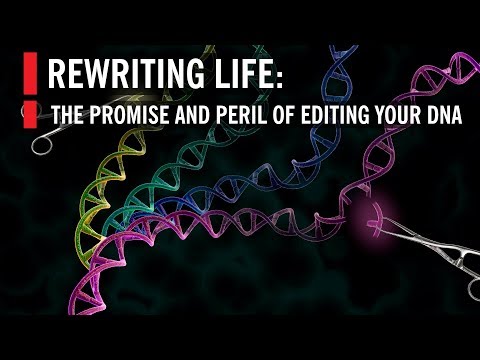Description:
Explore the groundbreaking CRISPR gene-editing technology in this 48-minute panel discussion from the World Science Festival. Delve into the revolutionary potential and ethical concerns surrounding genetic modification with leading geneticists and bioethicists. Learn about CRISPR's medical applications, its use in plants and animals, and the possibility of reviving extinct species. Examine the history of gene manipulation, the inspiration drawn from nature in bioengineering, and the realities of GMO fears. Gain insights into the mechanics of CRISPR-Cas9, its benefits for treating non-heritable diseases, and the challenges of administering CRISPR-altered medicines. Consider the implications of CRISPR as an open-source technology and the regulatory landscape for its use in humans. This thought-provoking discussion, moderated by Lesley Stahl, features experts Fred Gould, Josephine Johnston, Neville Sanjana, and Sam Sternberg, offering a comprehensive look at the promise and perils of rewriting the code of life.
Read more

Editing Our DNA with CRISPR - The Promise and Peril of Rewriting Life
Add to list
#Conference Talks
#World Science Festival
#Humanities
#Ethics
#Bioethics
#Science
#Biology
#Biotechnology
#Genetic Engineering